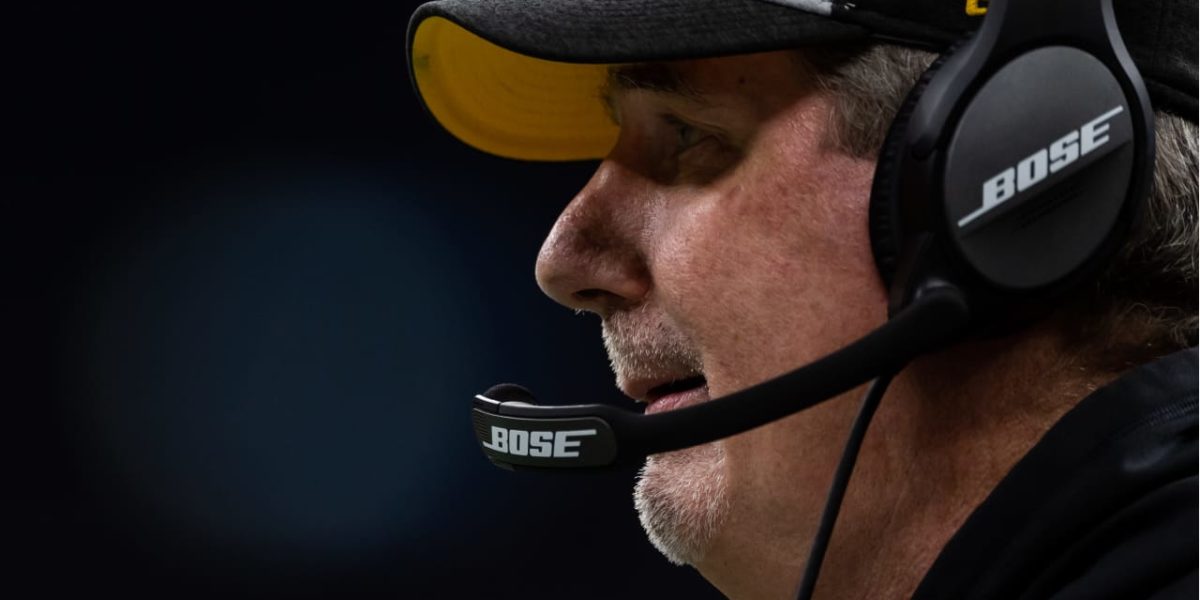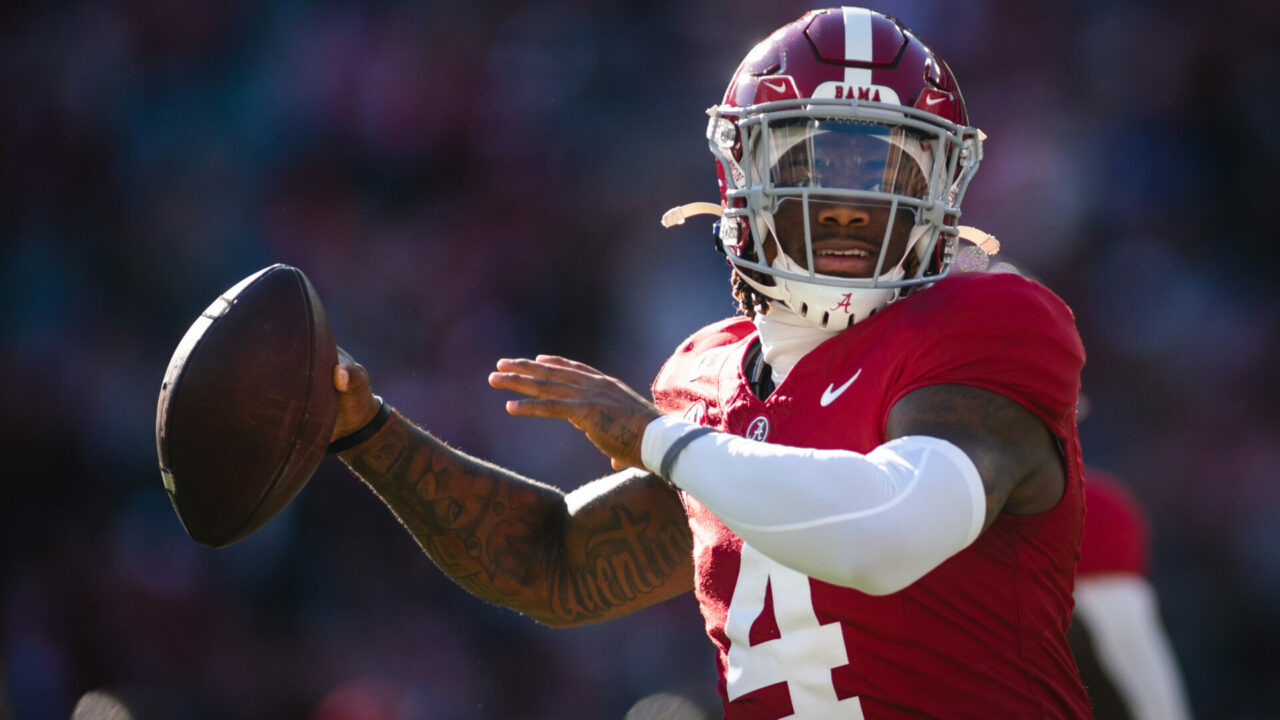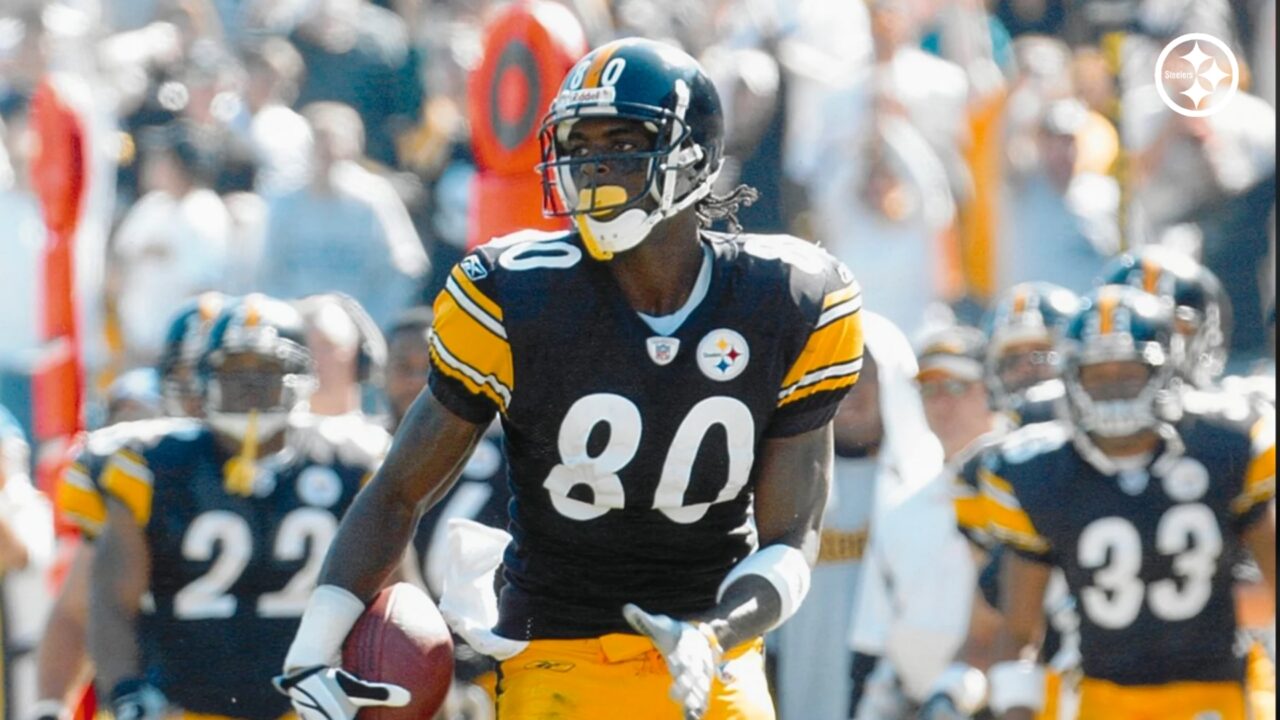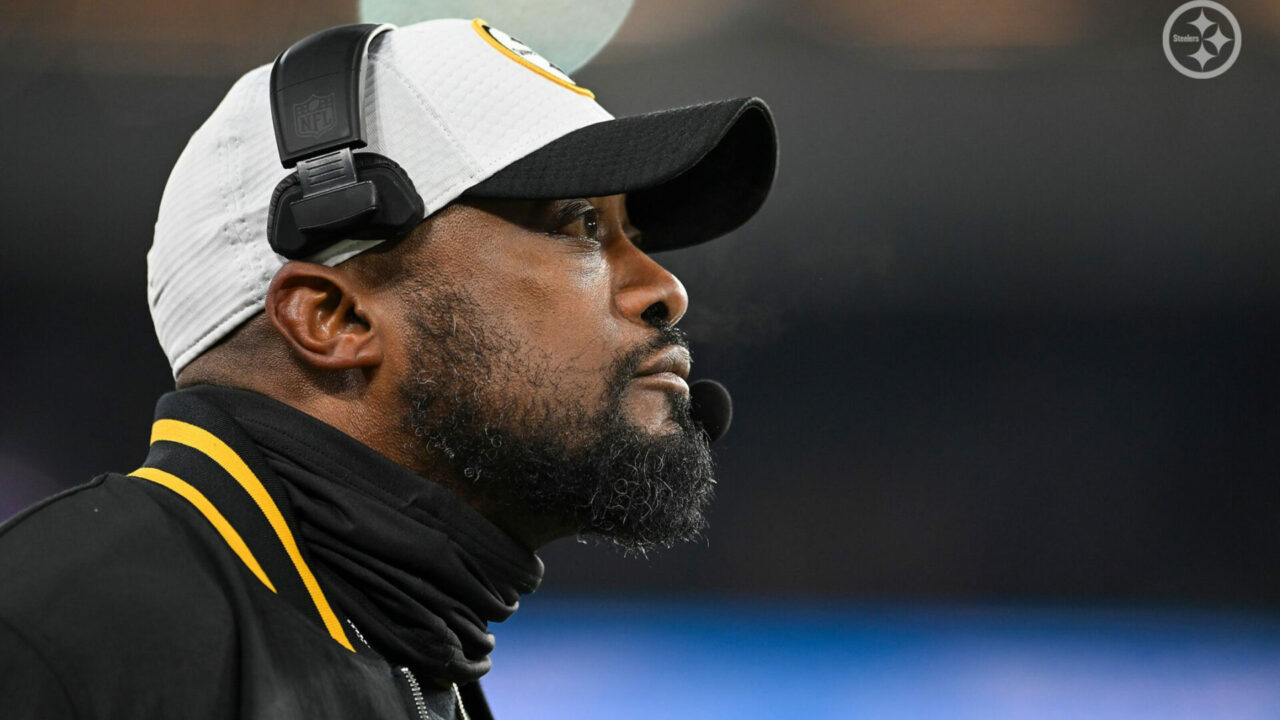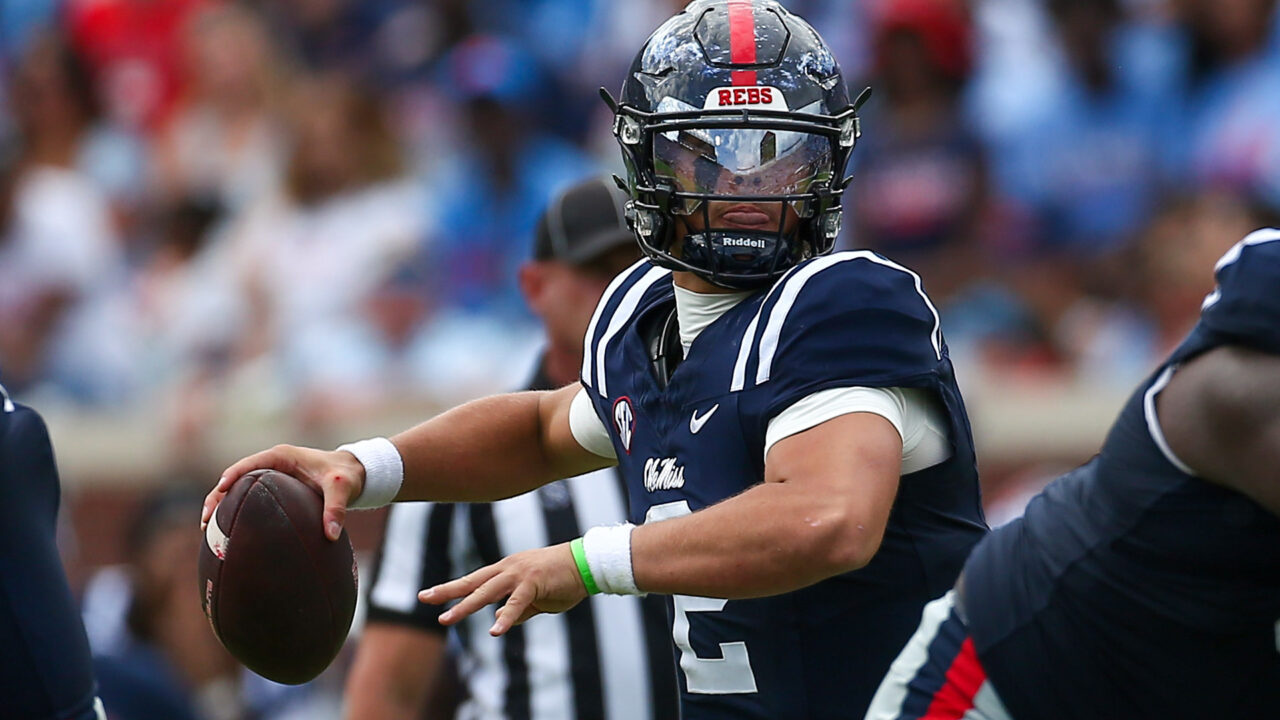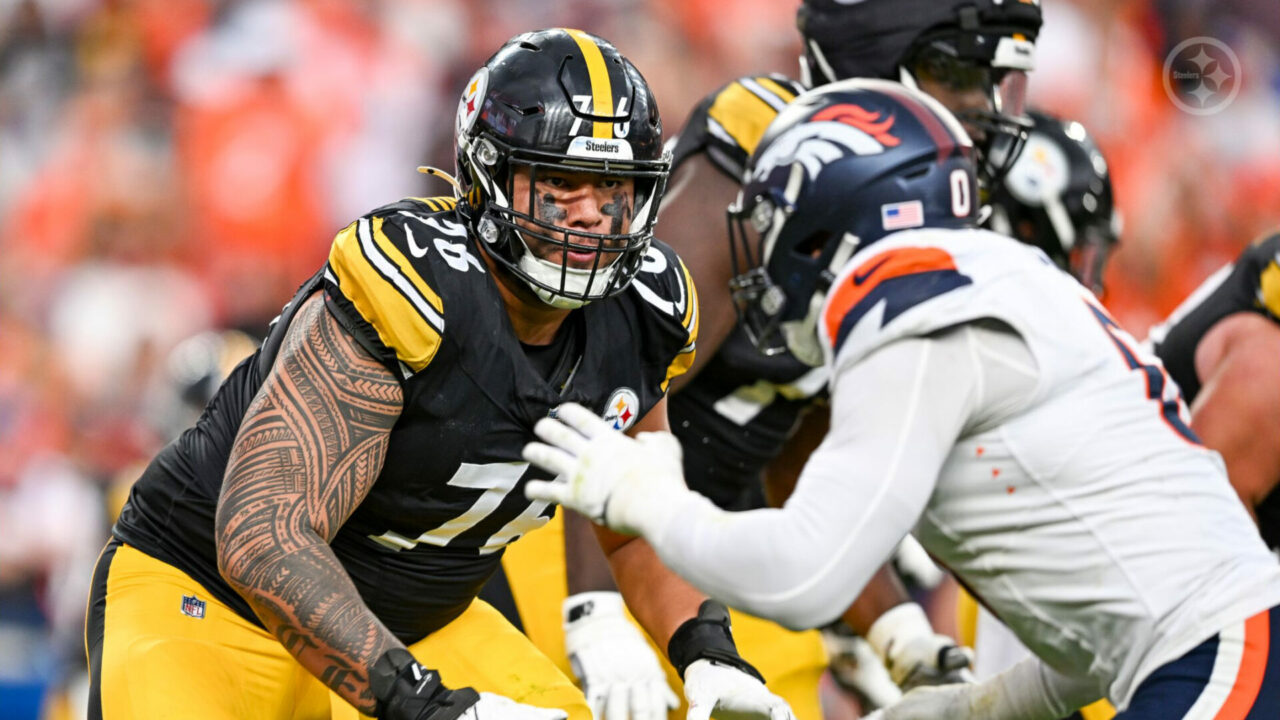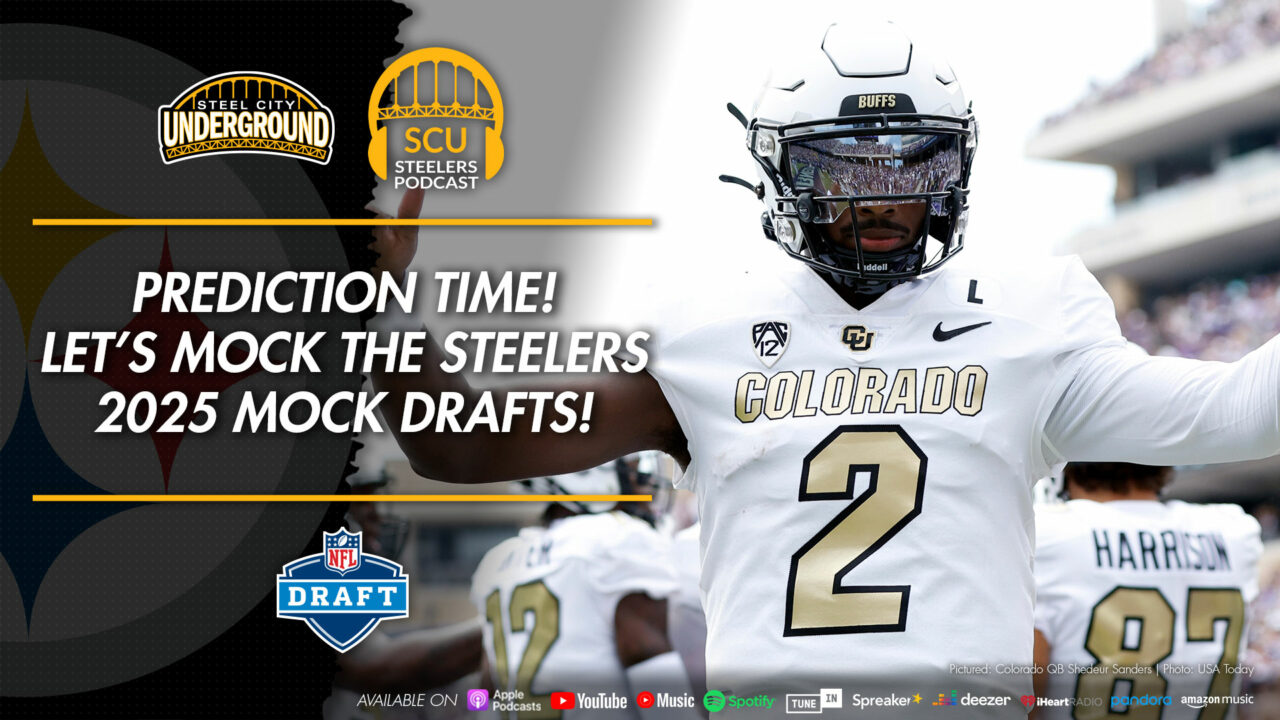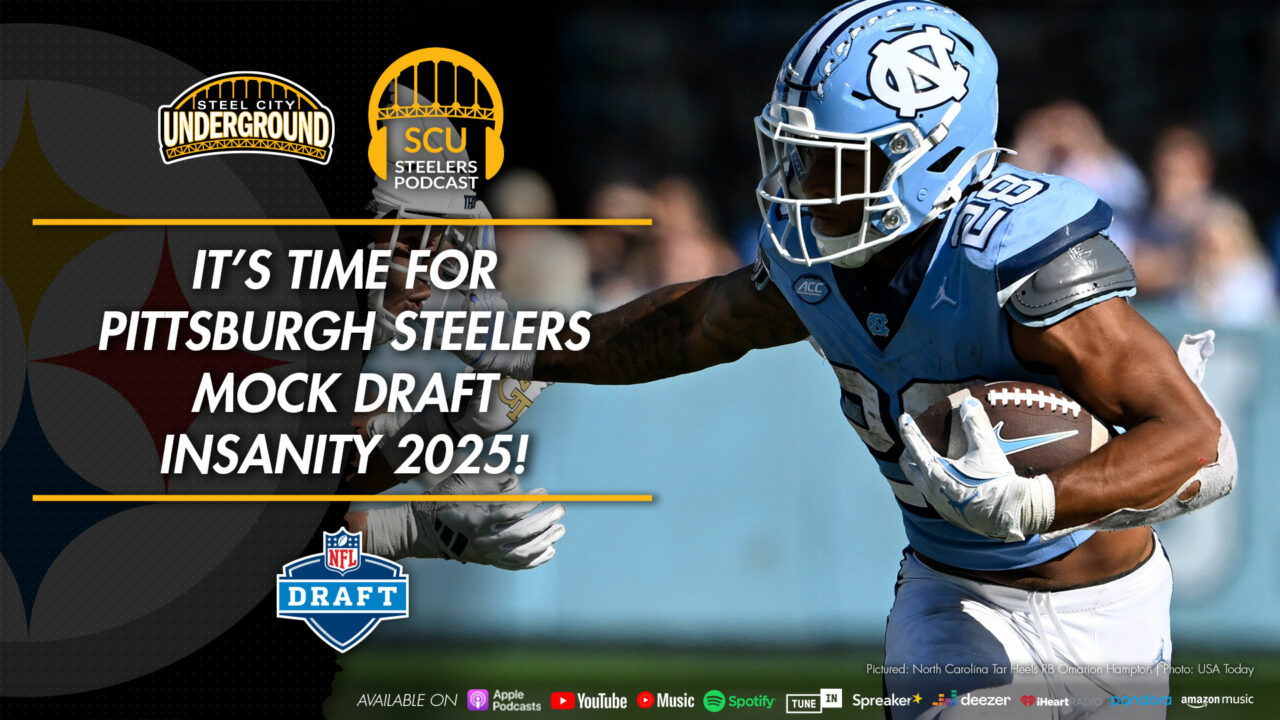Why is Keith Butler and the Steelers defense a scapegoat for the 2018 season?
Following the Pittsburgh Steelers early exit stage left from the 2018 NFL season, fans and critics alike have been wanting answers for why a talented team not only failed to make a run at a world title this season, but failed to even put their name in the hat by missing the playoffs entirely.
Those answers often turn into proposed solutions and demands. They have ranged from good to bad, with the most volatile of those comments demanding that some people within the organization lose their job.
One of those people is Steelers defensive coordinator Keith Butler… and for the life of me, I can’t figure out why.
On the surface, there appears to be those fans who are clinging to the past. They dream of the Steel Curtain, Blitzburgh, and whatever else you may call the dominant defenses of Pittsburgh’s past. Anything short of Troy Polamalu or James Harrison coming to the rescue is a failure. They forget that years have passed since those glory days and that rosters have turned over multiple times since… including the coaching staff.
Keith Butler previously served as the Steelers linebackers coach since 2003 and had been groomed, even compensated, to stick with the team until the ageless Dick LeBeau finally stepped away. That means Butler was actually hired by Bill Cowher (prior to Mike Tomlin’s arrival) and is responsible for coaching players such as Joey Porter, James Harrison, LaMarr Woodley, James Farrior, Larry Foote, and countless others during the time he served in that position from 2003 until he took over as the defensive coordinator in 2015 for his long-time mentor LeBeau.
Over his tenure in Pittsburgh Butler has had his share of successes and failures, however, the 2018 isn’t one of them. I believe it’s easy for fans to look at the Steelers missing the postseason, on count of a 9-6-1 record and pin the team’s shortcomings on the defense. After all, they didn’t win enough games so it must be the defense’s fault, right? The offense scores points to win and the defense prevents teams from scoring so they don’t lose.
If only it were that simple.
Butler’s defense is a year removed from helping guide the Steelers to a 13-3 record. Of those two losses in 2017, one was in overtime to the Chicago Bears and the other was a loss at home to the New England Patriots that felt like a win. (And probably would’ve been had replay officials determined that Jesse James caught the football!)
The other loss in 2017? A drubbing at the hands of the Jacksonville Jaguars in Week 5, which was setup by not one, but two Ben Roethlisberger interceptions returned for touchdowns. Another of those, along with no suitable replacement for the injured Ryan Shazier, helped facilitate another loss to the Jaguars in the playoffs.
As no one could predict the loss of, or the impact of losing Shazier, I find it hard to pin the loss on Butler: and the loudest of critics didn’t. Instead, they blamed the offensive coordinator, Todd Haley, the who did not have his contract renewed following the 2017 playoff loss to the Jags.
This season however, the blame has shifted from the offense to the defense and I can’t quite understand why. Gone are the “Fire Haley” chants, replaced with either “Fire Tomlin” or “Fire Butler” catcalls. Yet, it’s the offense which should have the finger pointed in their direction for what was oftentimes a lack of execution which set the defense up for failure.
After all, wasn’t this a Steelers offense that was supposed to score 40 points per game?
Maybe we should’ve adjusted those expectations a bit lower, say, to 30 points per game… or try lower, as the Steelers offense scored an average of 26.75 points per game. The defense, on the other hand, gave up an average of 22.5 points per game and tied dead in the middle of the league with a total of 360 points relinquished (which is under the league average of 373.5 points per game this season).
So how did the Steelers end up losing six games, tying another, and narrowly missing the playoffs?
It’s easy to scapegoat Butler and the defense, but they aren’t the sole problem, or even a major issue… nor would I argue that firing the defensive coach is a solution. In fact, things could be worse. Much worse.
Statistically speaking, the Steelers didn’t give up a whole lot of anything in most cases. They ranked 15th in first downs given up with 317; a far cry from the 419 the Kansas City Chiefs defense allowed. Yet, the Chiefs offense was explosive and scored points, even while their defense was 24th in points allowed and next-to-last in total yards.
That’s how the Steelers should’ve been operating as well, maybe even better. Butler’s defense was 5th in yards and tied KC for first in sacks with 52: four shy of Pittsburgh’s franchise record setting 2017 mark of 54, which also led the NFL last season too.
So, if the defense is limiting opponents from gaining yards, scoring points, and is also harassing passers, what is the problem? I’d argue that the offense hasn’t held up their end of the bargain. While it’s true that the Steelers defense led the NFL in total penalties, the Colts, Texans, Eagles, Bears, and Ravens all fell into the bottom 12 teams in that category also.
All five teams made the playoffs with teams that are considered to have solid defensive units.
That leads me to the Steelers offense, which was supposed to be loaded with all-world talent. Even with Le’Veon Bell skipping out on the season, the Steelers offense surged along without him. Antonio Brown and JuJu Smith-Schuster each had 1,000-yard seasons and only an injury prevented Bell’s replacement, RB James Conner, from having a 1,000-yard rushing season (though he would eclipse the mark in all-purpose yards).
Ben Roethlisberger also led the NFL in passing… and interceptions.
It’s the latter, along with other untimely turnovers, that doomed the Steelers defense in many cases.
Long before it came down to a Boswell kick which ended the Cleveland game in a tie, it was Conner’s fumble which game the Browns the ball on the 1-yard line and was followed by a Cleveland touchdown. Another Conner fumble would turn into a touchdown for the opponent against the Denver Broncos: a game in which Roethlisberger also gave the ball away twice in the air, including an interception right on the goal line.
And such was the case of many of those six losses throughout the season where the offense didn’t have the answer. The Ravens came into town during Week 4 and were held to four field goals following the first quarter: the offense was out-possessed by over ten minutes in that game and failed to score at all in the second half.
In the Oakland Raiders game, Joshua Dobbs played most of the second half, but the Steelers could only manage holding the ball on offense for 4:16 of the fourth quarter: 2:25 of that attributed to Ben’s return to the game in which he led the team on a touchdown drive. (Dobbs also threw an interception in that game.)
Sure, the defense could’ve or should’ve locked down Oakland, but again, they were handcuffed by an offense ran by a second-year quarterback and a rookie running back (Jaylen Samuels) seeing his first major workload at any level of football he’s played.
That’s a tall task and it rests of the offense for not at least lending a hand to their counterpart.
We can toss in questionable officiating in the Chargers and Saints games to the six-game loss tally too as times the defense buckled and gave up 30 or more in a game. Yet, they also held teams to 20 or less six times, and 21 or less nine times throughout the 2018 season, including an unthinkable feat where the New England Patriots were held to only ten total points.
It’s no coincidence that those nine performances were eight wins and that crazy Cleveland tie. The only game where the defense gave up more than 21 and won was against Tampa Bay: their fourth-most points relinquished with the other three being against the Chargers, Saints, and Chiefs.
Dare I say, those three teams featured good offenses where the Steelers O came to play but got out-scored in a shootout (or as mentioned, stymied by controversial officiating).
Therefore, we should probably pump those brakes on firing Keith Butler. Some criticism has come in the way of splash plays, however, with the way his defenses find ways to sack opposing quarterbacks, generally limit points scored and yardage gained, you can see how he’s doing a fine job in spite of the offense coughing up the ball in large amounts this season.
